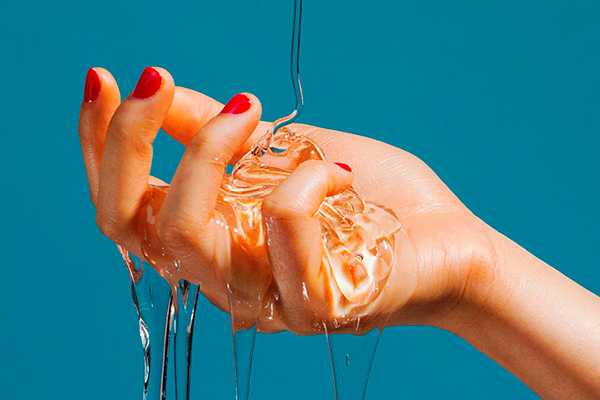Why 72% of American Couples Use Lubricants (And Why You Should Too)
 According to a 2023 study by the American Sexual Health Association, intimate lubricants are no longer taboo—they’re a wellness essential. From enhancing pleasure to preventing discomfort, here’s how modern formulas are revolutionizing sexual health:
According to a 2023 study by the American Sexual Health Association, intimate lubricants are no longer taboo—they’re a wellness essential. From enhancing pleasure to preventing discomfort, here’s how modern formulas are revolutionizing sexual health:
1. The Science of Comfort: How Lubricants Work
-
Natural pH balance: Water-based options mimic the body’s natural moisture (pH 4.5–5.5) to prevent irritation.
-
Friction reduction: Silicone-based formulas last 8–10x longer than water-based alternatives (clinical trial data, Journal of Sexual Medicine).
-
Medical-grade protection: Post-surgical and hypoallergenic variants aid recovery for conditions like vaginal atrophy or hemorrhoids.
2. Lubricant Types Decoded: Match to Your Needs
| Type | Best For | Key Feature |
|---|---|---|
| Water-Based | Everyday use, condom compatibility | Easy cleanup, body-safe ingredients |
| Silicone-Based | Extended play, anal safety | Ultra-slick, water-resistant |
| Hybrid | Sensitive skin, versatility | Combines water + silicone benefits |
| Specialty | Targeted solutions | See breakdown below |
Specialty Lubricants:
-
CBD-Infused: Reduces anxiety and enhances relaxation (THC-free options available).
-
Desensitizing: Delays climax with benzocaine (FDA-approved for topical use).
-
Organic: USDA-certified plant-based formulas for eco-conscious users.
3. Red Flags to Avoid: Safety First
⚠️ Dangerous Ingredients (Check Labels!):
-
Glycerin → Yeast infection risk
-
Parabens → Hormone disruption
-
Petroleum → Condom degradation
✅ OB/GYN-Approved Brands:
Look for seals from Made Safe or EWG Verified. Top picks: Sliquid, Good Clean Love, Uberlube.
4. Pro Tips for Maximum Benefits
-
Anal Play 101: Use silicone-based (never numbing agents – masks pain signals).
-
Toy Maintenance: Water-based only for silicone vibrators.
-
Sensual Layering: Apply warming gel after base lubrication.
“Lube isn’t just about slickness—it’s about respecting your body’s needs.” – Dr. Emily Morse, Sex Therapist
FAQ
Q: Can lubricants replace vaginal moisturizers?
A: No—moisturizers (e.g., Replens) treat chronic dryness, while lubes address temporary friction.
Q: Do flavored lubes cause infections?
A: Opt for sugar-free formulas with lactic acid to maintain pH balance.
Ready to elevate intimacy? Explore our curated list of dermatologist-tested lubricants →
Always patch-test new products. Consult a healthcare provider for medical-grade needs.






